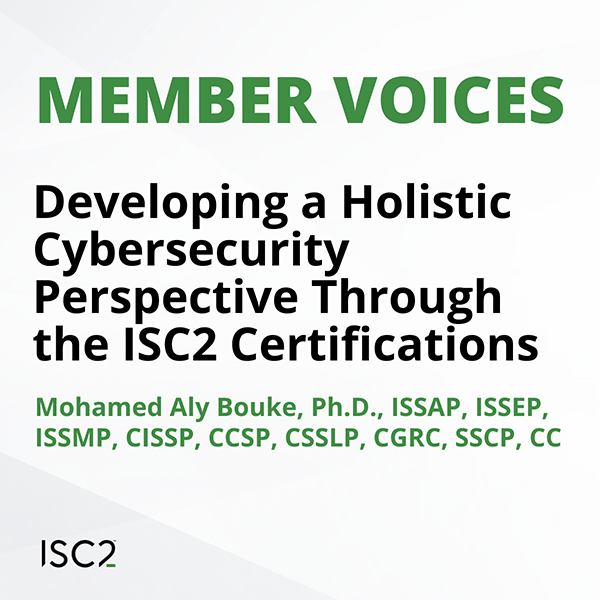If you are working in IT or considering a career in IT, you’re in for good news. The IT job market is booming. The U.S. Bureau of Labor and Statistics projects that computer and information technology occupations will grow 13 percent from 2016 to 2026, well above the average growth rate for all occupations
How can you best position yourself for success in an IT career? What are businesses looking for today when they are selecting their IT teams? What critical skills and experience should you be spending time to obtain in order to set your career up for maximum potential?
The following 10 tips can help you build a stronger, more lucrative career in IT with the skills you need to get hired now and help ensure success in the future.
- Do your research
Research what skills and specialties are hot these days in IT and where you’re needed most in the field, then consider investing the time to gain experience and education in those areas. Having the right skills and certifications will go a long way with getting your foot in the door. A recent report from CNBC on the new Upwork Skills Index finds the Certified Information Systems Security Professional (CISSP) is one of the 20 hottest job “skills” in the entire U.S. labor market. Not just in security. Not just in IT. The entire labor market. - Gain security expertise
ISC2 research shows there is a global cybersecurity shortage of 2.93 million professionals. Organizations are woefully short-handed when it comes to security and anyone with security knowledge and experience is going to be more desirable in the job market. They are looking for IT professionals with the right mix of security skills to help address security strategy and allocate resources for risk mitigation. - Brush up on analytics
IT departments are increasingly turning to analytics tools to makes sense of the information that runs through their tech infrastructure daily. It’s not enough to simply know how to use these tools; you need to be able to put it in context and be informed about what it means for your overall strategy. Understanding analytics and being able to interpret data means you will also be considered a valuable asset when it comes to briefing the board of corporate management about IT strategy and investment. - Understand the importance of cloud
There is no question about the huge impact cloud is having on IT today. Research from IDC finds cloud computing spending is expected to grow at better than 6x the rate of IT spending through 2020, and 67% of enterprise infrastructure and software will be for cloud-based offerings by 2020. Enhancing your understanding of cloud and how it is being used will be critical to IT success. And securing what’s in the cloud will also be integral, as 85% of enterprises are now keeping sensitive data in the cloud, according to Vormetric. - Dig into the software security and development lifecycle
Another growing trend in IT is the DevSecOps movement, which encourages baking security into the outset of the software development cycle. Professionals with a solid knowledge of software development and security will be positioned as valuable players who can both collaborate with and lead multiple teams in the effort to enhance the software development cycle and secure it throughout the process. - Network whenever possible
It is critical to network and collaborate with others in the field to enhance your understanding of career success and learn from other perspectives. Look for opportunities to spend time and gain knowledge from experienced professionals working in the kinds of roles you’re interested in. Peer-to-peer social opportunities are also a great way to find new career opportunities. Identify potential industry mentors who can offer you frank feedback and advice on moving up the ladder in IT. - Focus on leadership skills
Organizations are seeking professionals who want to accelerate their careers by developing leadership skills and business acumen. Having a true comprehension of how IT can produce ROI and further corporate goals is invaluable. Taking the time to enhance your skill set with leadership development proves to potential employers that you have what it takes to design, implement and manage teams and projects – and that you understand and are invested in the business’ goals and mission. - Pick a niche and develop it
Successful leaders often have a specialty, have carved out a niche and built a career path around it. Rather than seeking to jump from job to job, create a path that builds on previous experience in a specialty area and pursue roles that foster advancement in that area. Examples can include engineering, architecture or management. Gaining education and certification in your niche area further demonstrates your commitment to the area and your passion for it. - Put in the time
It takes significant time and effort to master a skill set. Investing the time to work toward expertise about your job will pay off as colleagues and leadership recognizes you as an employee that can be trusted and respected. This could mean anything from long hours, to additional education and certifications, but it will be worth as you become the “go-to” expert in your organization. - Never stop learning.
Successful employees are always seeking to expand their knowledge and gain new skills. Once you have reached mastery of one area, it is time to find ways to uplevel your skill set again. Technology is always changing, so it will be critical to stay on top of new trends and tools that are critical to IT infrastructure.Keep things fresh to sustain your passion and creativity. Always strive to stay abreast of what is changing and what is new in business technology, and you’ll find better opportunities to strengthen your career in IT just about everywhere.


